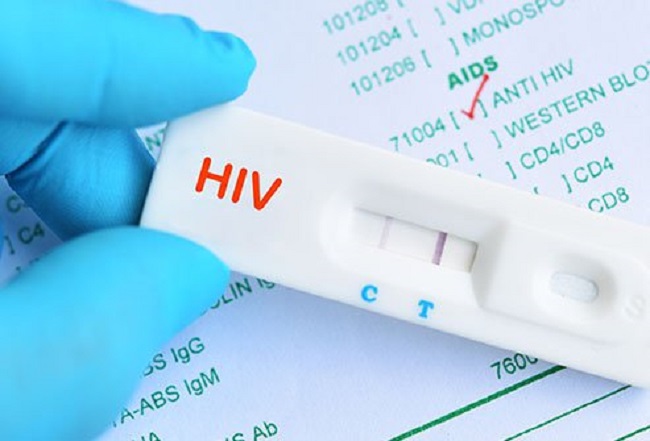Oyo State coordinator for the Network of People Living with HIV and AIDS in Nigeria (NEPWAN), Mr. Faith Olawale, said Nigeria’s burden of HIV, Tuberculosis, and malaria emphasises the critical role of community engagement in addressing these diseases.
Mr Olawale, speaking at the opening of a 2-day step-down meeting on Community-Led Monitoring (CLM) and Community System Strengthening (CSS) framework to have input from stakeholders, said community groups have proved to be crucial in achieving better health outcomes by promoting participation, accountability, and ownership at the grassroots level.
According to him, community groups have proven crucial in achieving better health outcomes by promoting participation, accountability, and ownership at the grassroots level.
“The C19RM project that we are implementing in Oyo State is improving most of our health facilities, primary health care centers, general hospitals, and secondary hospitals. We presented this to the state government. They are very happy for what we are doing through this project in Oyo State.
He added that communities are placed at the heart of health initiatives, empowering them to take leadership roles in service delivery, resource management, disease prevention, and advocacy for health-related rights.
“Strengthening community systems through frameworks such as the National Community System Strengthening Framework is essential for addressing key public health challenges in Nigeria, such as HIV, tuberculosis, and malaria, by enhancing coordination, building capacity, and fostering sustainable partnerships between CSOs, the government, and community-based organisations.
“A comprehensive approach involving education, advocacy, stakeholders’ engagement and public financing is necessary to empower communities, improve health outcomes and ensure long-term sustainability in tackling public issues, with a focus on equity and inclusion of marginalised groups.”
He therefore urged that governments at all levels collaborate and fund CSOs in Nigeria to reduce the burden of HIV, TB, and malaria, with dwindling funding for intervention as more donor partners move out of Nigeria.
Oyo State Coordinator for Civil Society on Malaria Immunisation and Nutrition, Dr Oluwasegun Adio, said that in the past years, the CSO network has been working tirelessly towards a harmonised system for disease response in Nigeria.
He declared that from the meeting, expectations include the CSOs actualising the long-awaited system that would amplify the unique strength of CSO and guide the operational modalities of the CSS and CLM in Nigeria.
In a remark, Mr. Obatunde Oladapo, the Executive Director of the Plan Health Advocacy and Development Foundation and the National Secretary of a Civil Society for the Eradication of Tuberculosis in Nigeria, emphasised data collection, documentation of best practices, and sharing their works in international forums with civil society and community organisations.
Mr Oladapo said there is a need for NGOs to diversify their sources of income, be aggressive in their resource mobilisation and proposal development strategies, with the reduced funding due to the changes in the American posture towards development support.
ALSO READ TOP STORIES FROM NIGERIAN TRIBUNE
WATCH TOP VIDEOS FROM NIGERIAN TRIBUNE TV
- Let’s Talk About SELF-AWARENESS
- Is Your Confidence Mistaken for Pride? Let’s talk about it
- Is Etiquette About Perfection…Or Just Not Being Rude?
- Top Psychologist Reveal 3 Signs You’re Struggling With Imposter Syndrome
- Do You Pick Up Work-Related Calls at Midnight or Never? Let’s Talk About Boundaries







